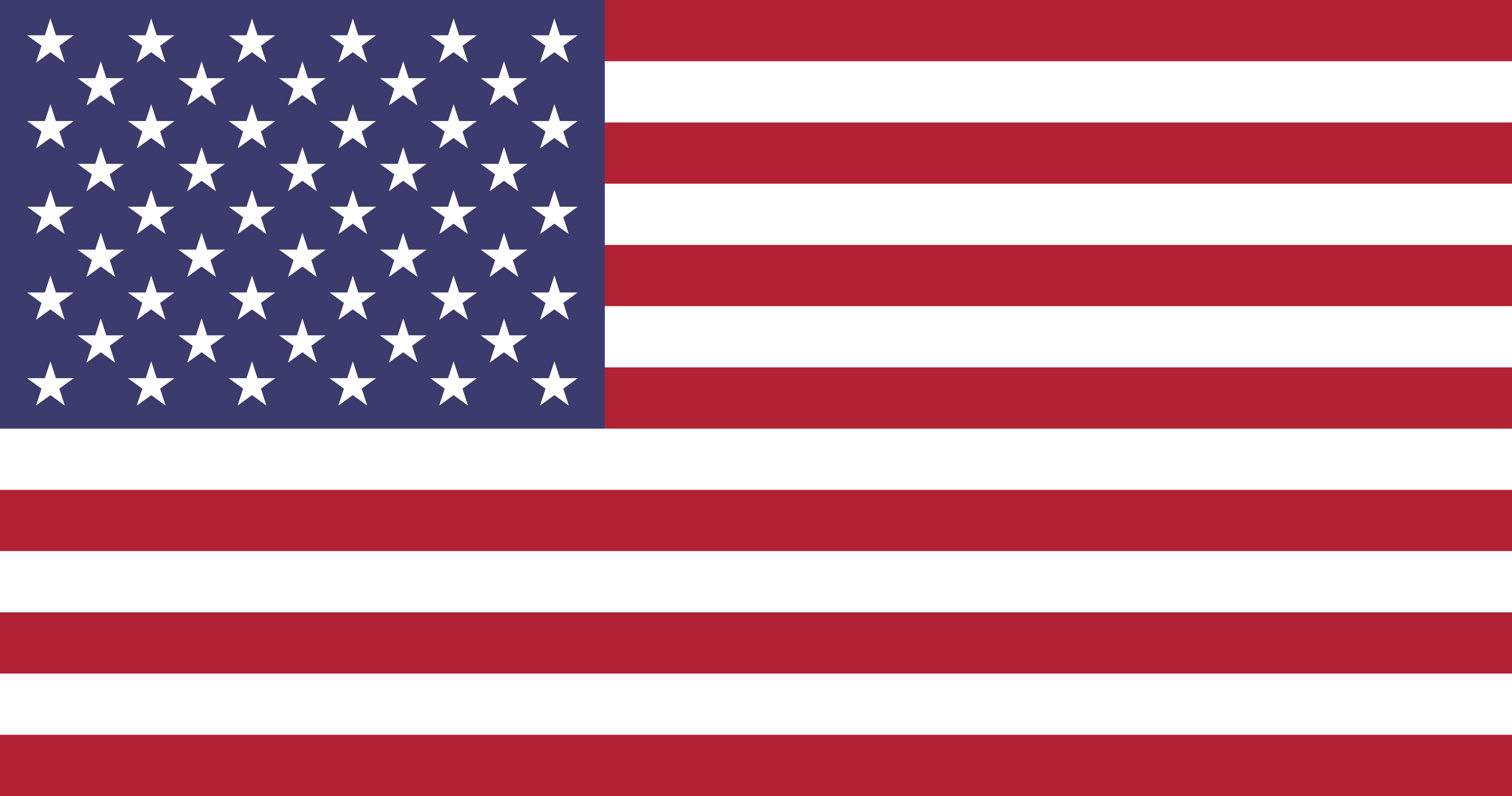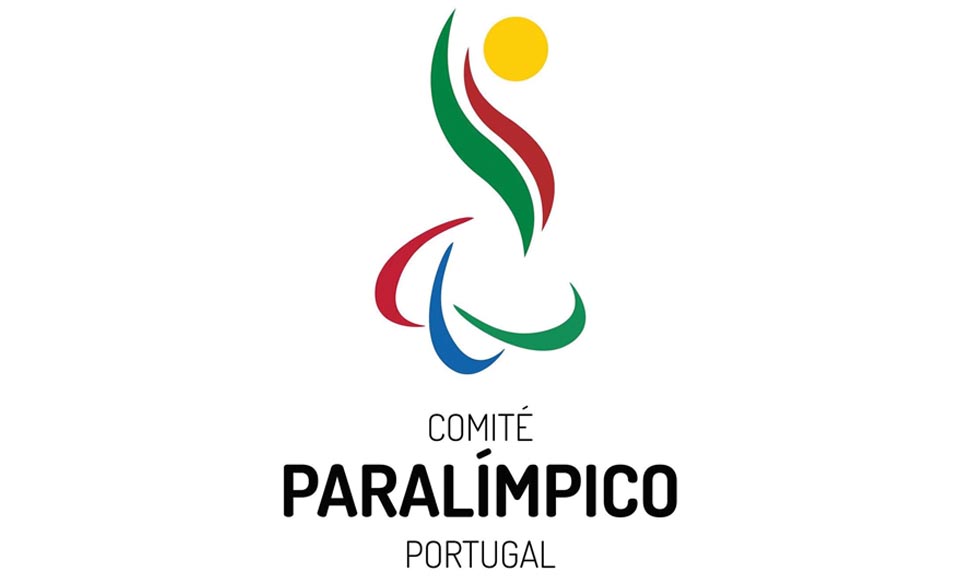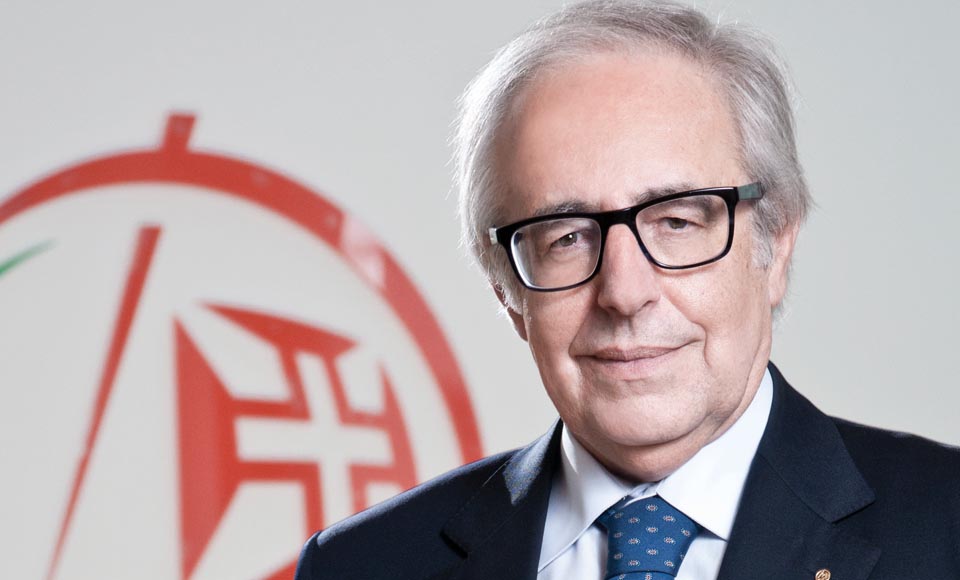Miguel Morgado
Paris 2024 overlaps with the 100th anniversary of the first Portuguese Olympic medal. The Portuguese medal record started out with a Bronze in Riding with four riders, two civilians and two military and completed Tokyo with a record four medals having gone around Portuguese necks in this Games, two in athletics, one of them gold, in judo and in canoeing. In total, Portugal has picked up 28 medals, with 5 golds, 9 silvers and 14 bronze medals. Athletics leads the way with medal winners in 9 events and the only source of gold medals. Following two successes in the premiere of surfing and skating at the Olympic Games, Portuguese ‘breakdance’ may be taking to the stage in Paris.
Aníbal Borges de Almeida, Luís Cardoso de Menezes, Hélder de Sousa Martins and José Mouzinho de Albuquerque were the stars in the Portuguese riding team that secured a bronze medal at the Paris Olympic Games in 1924, an occasion for which Portugal sent 28 athletes, all male, competing in eight events, with an emphasis on Fencing and Shooting but without any football due to a misunderstanding between José Ponte, President of the Olympic Committee of Portugal and Cândido de Oliveira, who would be the national manager premiering the Portuguese football at the Amsterdam Olympic Games in 1928.
Two civilians, Borges de Almeida, then aged 18 and one of the youngest ever medal winners and Cardoso de Menezes and two military officers, Sousa Martins and Mouzinho de Albuquerque, were responsible for bringing the first Olympic success to Portugal, won in the Colombes hippodrome, Paris. This achievement came twelve years after the first appearance (Stockholm 1912) of a Portuguese team at the Games.
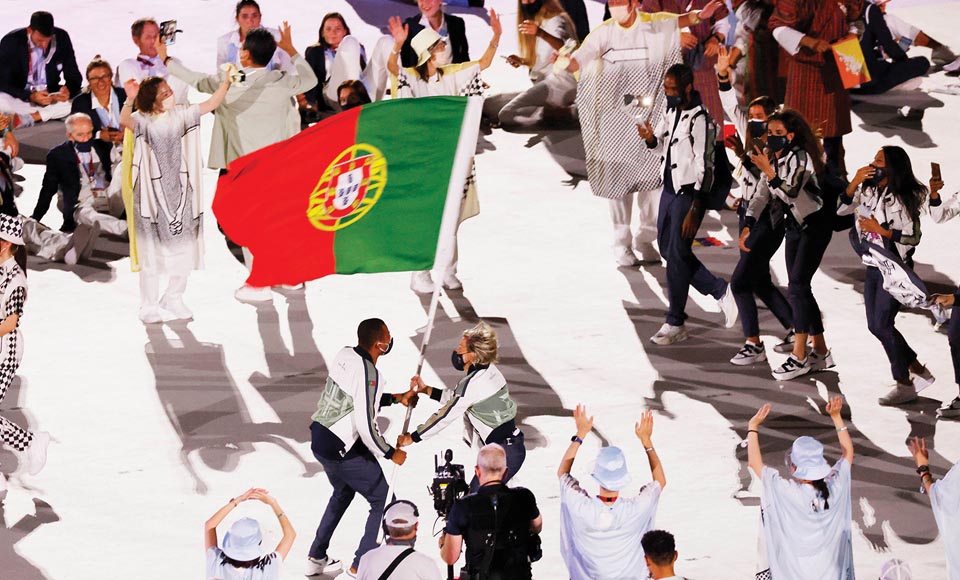
Abertura dos Jogos Olímpicos Tóquio 2020

Taking a giant leap through time, a pandemic and a year after schedule, the Portuguese Mission in Tokyo 2020, the 32nd Olympic Games in the Modern Era, an event held in 2021, was made up of 92 athletes (its 3rd largest ever and equalling the number at Rio 2016 but still down on the numbers attending the Olympic Games in Barcelona 1992, 101 athletes and Atlanta 1966, with 107), with 36 female athletes (a record), covering 17 different sports and competing in 67 medal events, seven more than in Rio 2016.
The Portuguese team returned from Japan with four medals. One gold (Pedro Pablo Pichardo, a Luso-Cuban athlete, in the triple jump), one silver, (Patrícia Mamona, in the triple jump), and two bronzes (Jorge Fonseca in -100 kg judo) and (Fernando Pimenta, canoeing, K1 1000).
The four Olympic medals brought back from Japan, double the target set out in the 18.55 million euro contract-program, turned Tokyo 2020 into the best Olympic Games ever for the Portuguese team. This beat the numbers set in Los Angeles 1984 (gold to Lopes and silvers to Rosa Mota and António Leitão) and Athens 2004 (silvers to the cyclist Sérgio Paulino and the sprinter Francis Obikwelu and bronze to Rui Silva in the 1500 metres).
In medals but not only. Also in terms of the diplomas won that, including the podium positions, reached a total of 15, two more than those achieved in Athens 2004, the previous maximum.


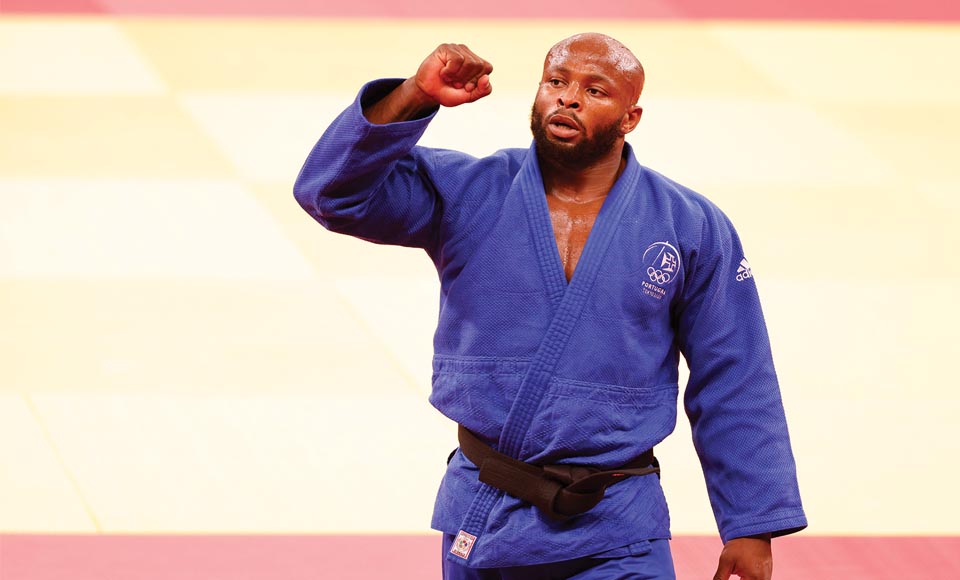
Jorge Fonseca e Patrícia Mamona
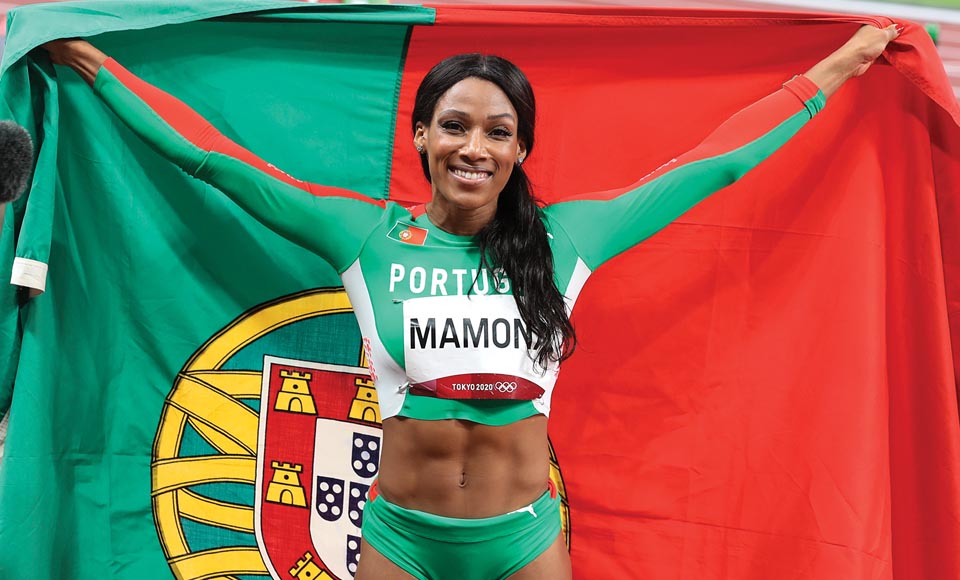
5 gold medals in 100 years of participation. From Paris to Paris
The Olympic Games return to Paris in 2024; one century on from when it all began for Portugal.
In terms of the Olympic performance in terms of precious metals, with 28 in total, Portugal accounts for 5 gold, 9 silver and 14 bronze spread across 9 events.
Athletics leads the way in the medal count: 12 in total. It’s also the field that returns the gold: Pedro Pichardo (2020) and Nélson Évora (2008) in the triple jump, Fernanda Ribeiro (1996), in the 10,000 metres and Rosa Mota (1988) and Carlos Lopes (1984) in the marathon stand out as the only athletes, all competing in athletics events, who have won gold for Portugal.
Aged 37, Lopes, in Los Angeles, USA, was the first Portuguese gold winner with the time of 2h09m21s, an Olympic record. The feat gained him the honour of receptions from two presidents. Firstly, to a barbecue held in Lisbon’s São Bento Gardens and resulting from a promise made by President Mário Soares in August and later, in October, at a meeting with the United States President Ronald Reagan. Lopes would also become the first non-American sportsman to appear in “The Simpsons”.
The men and women who ran, jumped, threw discs and weights are joined by their peers from sailing (4), equestrianism and judo (3). As a point of interest, the last medal in sailing now dates back to Atlanta 1996 (Hugo Rocha and Nuno Barreto in the class 470), equestrianism belongs to times long gone, on the eve of the second half of the last century (London 1948) and with judo joining the list for the first time at the beginning of this century (bronze by Nuno Delgado in Sydney 2000).

Into this record come two from canoeing (Fernando Pimenta and Emanuel Silva, London 2012 and Fernando Pimenta, Tokyo 2020), cycling (Sérgio Paulinho, Athens 2004), shooting (Armando Marques, Montreal 1976), triathlon (Vanessa Fernandes, Beijing 2008) and fencing (team medal Amsterdam 1928).
Breaking, surfing, skateboarding and climbing
In the year of four events premiering in Tokyo, Gustavo Ribeiro (Skateboarding, street), eighth place and Yolanda Hopkins (Surf, shortboard), fifth, obtained Olympic diplomas in their own first Games at the respective ages of 20 and 23.

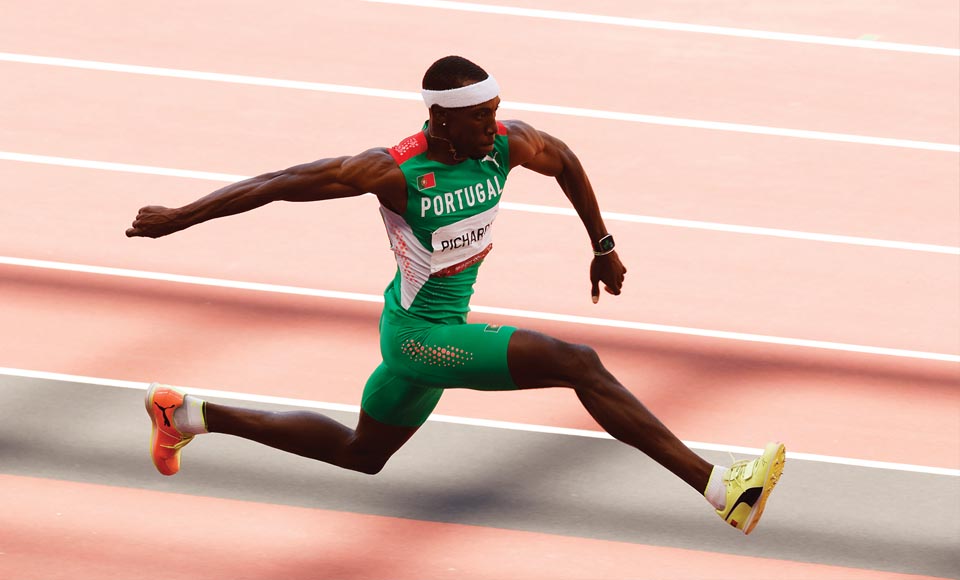
Pablo Pichardo e Fernando Pimenta
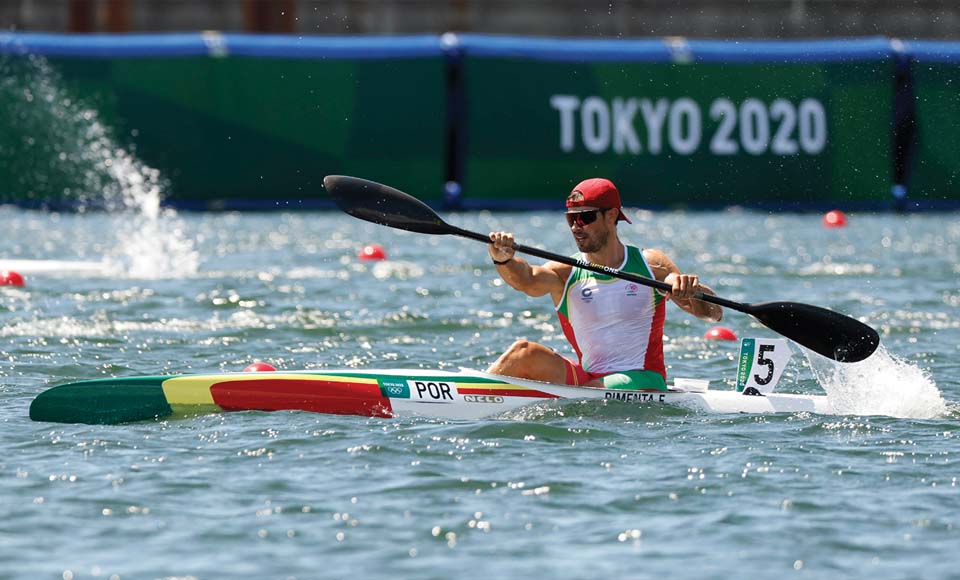
“We missed out on opportunities to qualify in karate and climbing”, recalled José Manuel Constantino, President of the Portuguese Olympic Committee.
For Paris 2024, between 26 July through to 11 August, there are two more board sports debuting on land (skateboarding) and on sea (surfing), while retaining climbing, karate is out in place of a new sport reaching out to Generation Z. Breaking, a dance style connected with hip-hop, that emerged in New York in the 1970s.
“I confess that this is an area that I do not dominate with sufficient security but from that conveyed by those responsible for the sport and the federation of sports dancing is that there is both quality and international level results. We shall wait and see”, explained José Manuel Constantino.
As regards the renewal of the sports undertaken by the International Olympic Committee, the head of the Portuguese Olympic structure stated: “There should be a sporting reason to explain the inclusion of different sports and with the reason not resulting from commercial pressures that the ‘sponsors’ of these sports wield in the sporting market”.
“Everything that is a sport designed to win over new publics is positive. Skateboarding and surfing are spectacular”, he added. “It is good for the Olympic program and for the respective sports. It provides them with a showcase… we have to be aware and help out. The Olympic Games provide an enormous input”, he guaranteed.
José Manuel Constantino also considers that “if we accept the thesis that new sports make sense, others, older, have to be reduced”. He quoted the examples of “fencing and swimming” that should “remain as Olympic sports but should have their number of events reduced especially because we have to reduce some in order to allow others to enter”. Furthermore, “there are combat sports, geographically localised, without any global scales but that have strong lobbies and have kept their place”, he concluded.
Three years off Paris, ever since Los Angeles, Portugal has only ever come back empty-handed once; in 1992 (Barcelona). Ever since the Olympic Mission has always returned with medals from each of the five subsequent Games.
100 years on from the first medal, it is the Portuguese athletes who bear the motto: “Citius, Altius, Fortius”.
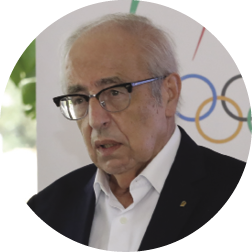
QUALIFICATIONS AMONG THOSE
WORKING IN THE YOUTH AREA
WHERE WE MUST RAISE QUALIFICATIONS.
EITHER YOU DO A GOOD JOB
THERE OR YOU DON’T GET THE RESULTS.”




